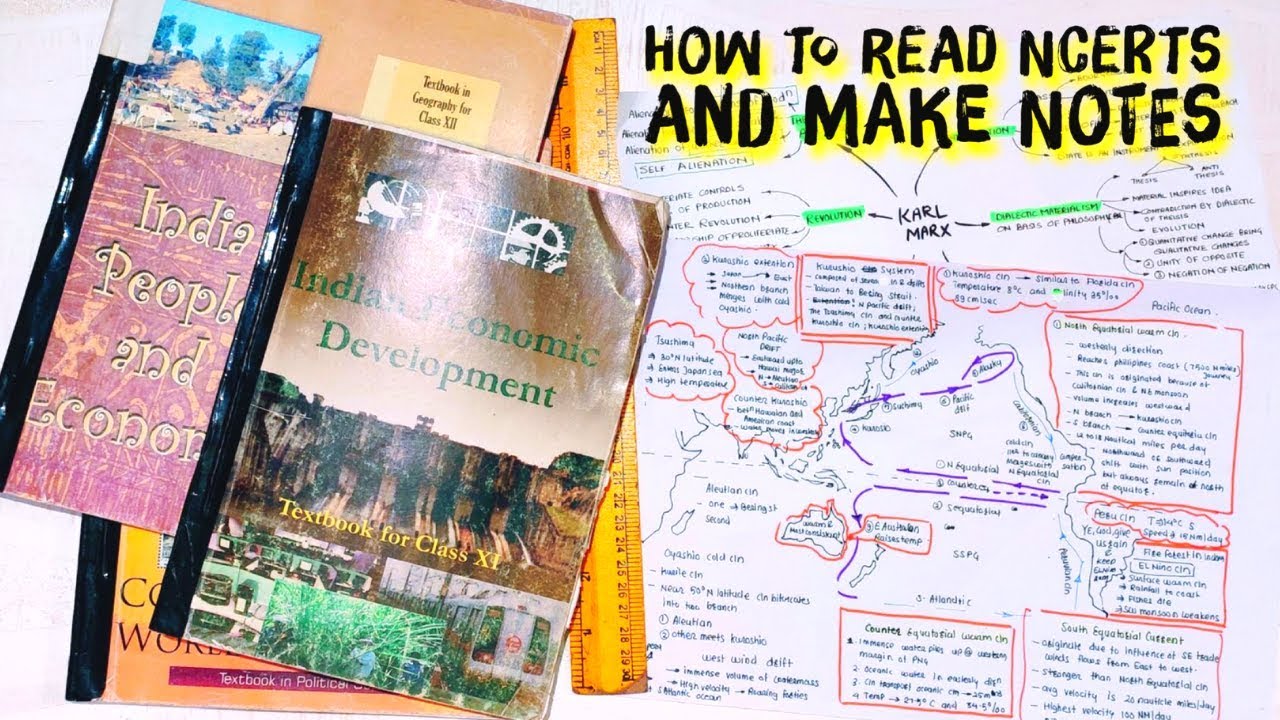How to breakdown and study Geography for UPSC and other State exams by Manuj Jindal IAS AIR 53
Summary
TLDRThis video offers a comprehensive guide on how to effectively study geography for UPSC and other state exams. The instructor provides an in-depth look at important resources, including NCERT and Gochi Leong books, along with supplementary sources like PMF IAS notes and Amit Sany Gupta's YouTube channel. The focus is on understanding the geography syllabus, mastering diagrams, maps, and important topics like physical geography, climate, and natural resources. The video emphasizes systematic learning techniques and practical advice on breaking down topics and revising effectively.
Takeaways
- 📚 The session focuses on how to study geography for UPSC prelims, mains, and other state exams.
- 🗺️ The speaker emphasizes the importance of systematically approaching geography, particularly through maps and diagrams.
- 📖 The NCERT Class 11 Fundamentals of Physical Geography book is recommended as the primary source for physical geography.
- 🌍 Another optional but useful book mentioned is 'Certificate Physical and Human Geography' by Goh Cheng Leong, especially for topics like climatology and landforms.
- 🗒️ PMF IAS notes are recommended for revision, especially for covering topics like geomorphology, climatology, and oceanography.
- 🎥 Amit Sengupta's YouTube channel is suggested as a helpful resource for understanding specific geography topics through videos.
- 📝 Key topics in geography for UPSC include physical geography, resource distribution, and industrial location across the world.
- 🔍 Focus on understanding geography concepts through diagrams, maps, and answering 'why' questions, such as why certain resources or landforms are where they are.
- 🧭 An atlas, specifically the Oxford Atlas, is recommended for geographical study, particularly when breaking down continents and countries into regions.
- 🖊️ The speaker stresses the importance of practicing diagrams and map drawing for exams, even if they are rough sketches to represent key geographical features.
Q & A
What is the first recommended source for studying geography for UPSC?
-The first recommended source is the Class 11th NCERT book, 'Fundamentals of Physical Geography'. This book provides a comprehensive overview of physical geography topics needed for UPSC preparation.
Why is the book by Goh Cheng Leong suggested as an additional resource?
-Goh Cheng Leong's 'Certificate Physical and Human Geography' is recommended because it covers climatology and landforms in greater detail, which can clarify concepts that are only briefly covered in the NCERT books.
What is the role of an atlas in studying geography for UPSC?
-An atlas is essential for geography preparation as it helps in understanding maps and visualizing locations. It is particularly useful when studying topics like physical geography, natural resources distribution, and human geography.
What makes PMF IAS notes useful for UPSC geography preparation?
-PMF IAS notes are useful for revising and condensing key points across geography topics such as geomorphology, climatology, and Indian geography. These notes are recommended for quick reference and revision, especially when preparing for exams.
How can Amit Sengupta's YouTube channel help in understanding geography concepts?
-Amit Sengupta's YouTube channel provides detailed explanations of complex geography topics, including the entire UPSC geography syllabus. His videos cover essential concepts, which can help in clarifying doubts and reinforcing learning through visual aids.
How should a student approach geography topics in UPSC preparation?
-Students should first break down broad geography topics into smaller sub-topics, starting with fundamental concepts from the NCERT books. Gradually, they should focus on specific details and diagrams, and reinforce their learning with revision notes and videos.
What are the key topics included in UPSC's geography syllabus?
-The key topics include geomorphology, climatology, oceanography, the distribution of natural resources, geophysical phenomena such as earthquakes and cyclones, and the location of various industries across the world.
Why is the study of maps and diagrams important in geography preparation?
-Maps and diagrams are crucial because they allow students to visualize geographical concepts and phenomena. Geography is a subject that can be better understood through diagrams, helping in remembering key information more effectively.
How should students use mock tests and previous year question papers for geography preparation?
-Students should practice a lot of previous year questions and mock tests to familiarize themselves with the exam pattern and the type of geography questions asked in UPSC. This also helps in identifying important facts and areas that require more focus.
How should the Oxford Atlas be used effectively for geography studies?
-The Oxford Atlas should be studied in blocks, starting with continents, followed by countries, and then regions within those countries. This approach helps students grasp the geographical layout, key resources, and physical features efficiently.
Outlines

Cette section est réservée aux utilisateurs payants. Améliorez votre compte pour accéder à cette section.
Améliorer maintenantMindmap

Cette section est réservée aux utilisateurs payants. Améliorez votre compte pour accéder à cette section.
Améliorer maintenantKeywords

Cette section est réservée aux utilisateurs payants. Améliorez votre compte pour accéder à cette section.
Améliorer maintenantHighlights

Cette section est réservée aux utilisateurs payants. Améliorez votre compte pour accéder à cette section.
Améliorer maintenantTranscripts

Cette section est réservée aux utilisateurs payants. Améliorez votre compte pour accéder à cette section.
Améliorer maintenantVoir Plus de Vidéos Connexes

How to Read NCERT for IAS Preparation ☆ How to Make Notes ☆ INDIASHASTRA | UPSC

World Geography for BPSC/UPPCS/BSSC/BIHAR TEACHER I LEC# 1 I

How to Make a Final Exam Study Schedule - College Info Geek

Important NCERTs for UPSC CSE | NCERT Booklist for IAS Exam

Political के लिए Laxmikant को कैसे पढ़ें ? || UPSC 2022 | laxmikant for Indian Polity | Prabhat Exam

Sözel'de Derece Yapmak İçin Gizli Formülü! #yks
5.0 / 5 (0 votes)
